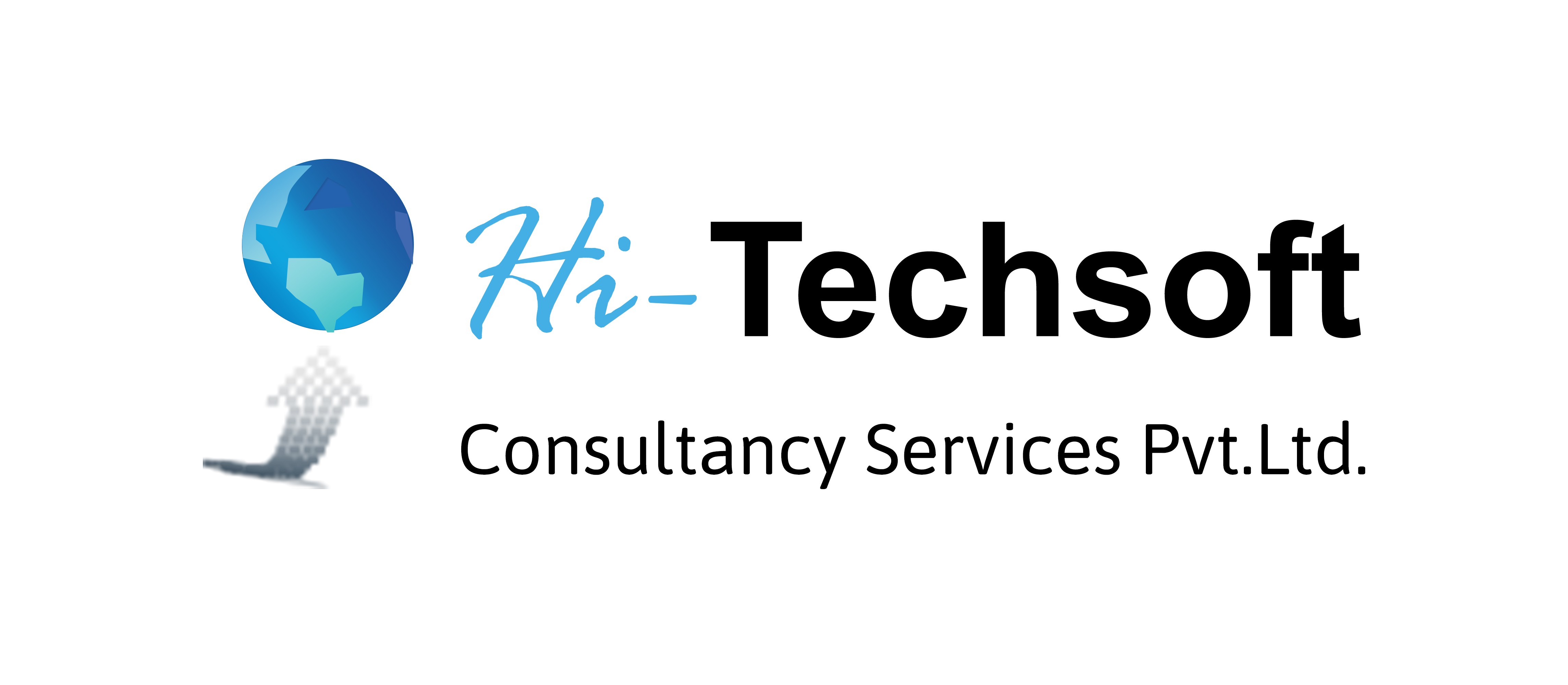In the fast-paced world we live in today, technology plays a pivotal role in shaping our lives. From communication to healthcare, education to entertainment, modern technology has revolutionized the way we interact with the world around us. In this article, we will explore some key aspects of modern technology that are driving innovation and transforming various facets of our daily lives.
Artificial Intelligence (AI):
- One of the most significant advancements in recent years is the rise of Artificial Intelligence. AI enables machines to perform tasks that typically //arizonaupdate.com/ require human intelligence, such as problem-solving, learning, and decision-making.
- AI is present in virtual assistants like Siri and Alexa, recommendation algorithms on streaming platforms, and even in autonomous vehicles. Its ability to analyze vast amounts of data and learn from patterns is reshaping industries like healthcare, finance, and manufacturing.
Internet of Things (IoT):
- The Internet of Things refers to the network of interconnected devices that can communicate and share data with each other. Smart homes, wearable devices, and connected cars are all examples of IoT in action.
- IoT enhances convenience and efficiency, allowing users to control their home devices remotely, monitor health metrics in real-time, and create a seamlessly connected environment.
5G Technology:
- The fifth generation of wireless technology, 5G, is unlocking new possibilities for communication. With faster speeds and lower latency, 5G is set to revolutionize industries such as healthcare, gaming, and the Internet of Things.
- Enhanced connectivity will enable innovations like remote surgery, augmented and virtual reality experiences, and improved communication networks for smart cities.
Blockchain Technology:
- Originally known as the technology behind cryptocurrencies like Bitcoin, blockchain has evolved into a secure and transparent way to record and verify transactions. It has applications beyond finance, including supply chain management, voting systems, and healthcare records.
- Blockchain’s decentralized nature ensures data integrity and reduces the risk of fraud, making it a transformative force in various sectors.
Augmented and Virtual Reality (AR/VR):
- AR and VR technologies create immersive experiences by blending the physical and digital worlds. In gaming, education, and training, AR and VR provide users with interactive and realistic simulations.
- These technologies have the potential to redefine how we learn, work, and entertain ourselves, offering new perspectives and possibilities.
Biotechnology and Genomics:
- Advancements in biotechnology and genomics have opened doors to personalized medicine, gene editing, and a deeper understanding of human biology.
- CRISPR technology, for instance, allows precise modification of genes, holding promise for treating genetic diseases. The intersection of technology and biology is reshaping healthcare and our understanding of life itself.
Conclusion:
As we navigate the complexities of the 21st century, modern technology continues to push the boundaries of what is possible. From AI and IoT to 5G and biotechnology, these innovations are not only changing the way we live but also presenting new ethical and societal challenges. Embracing these advancements responsibly and ethically will be crucial as we shape a future where technology enhances our lives and fosters positive global progress.





